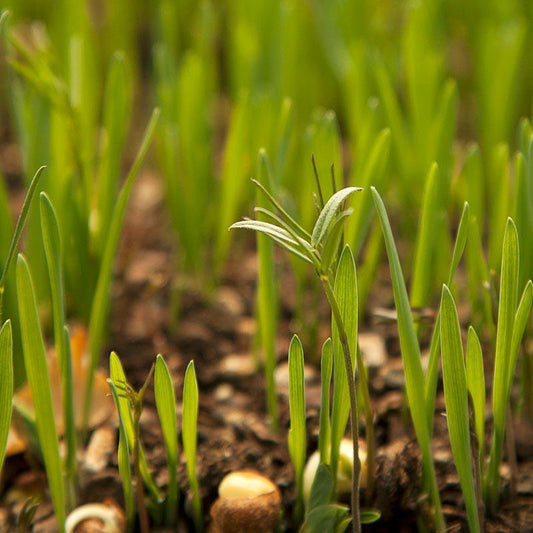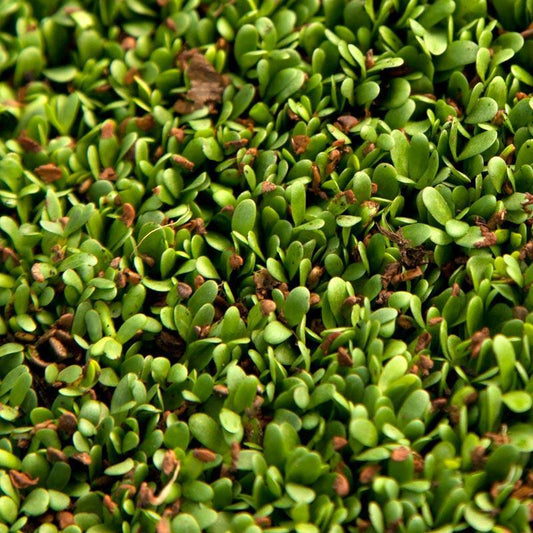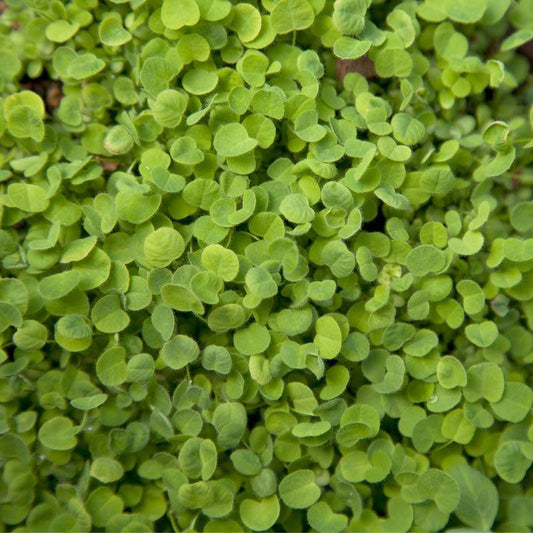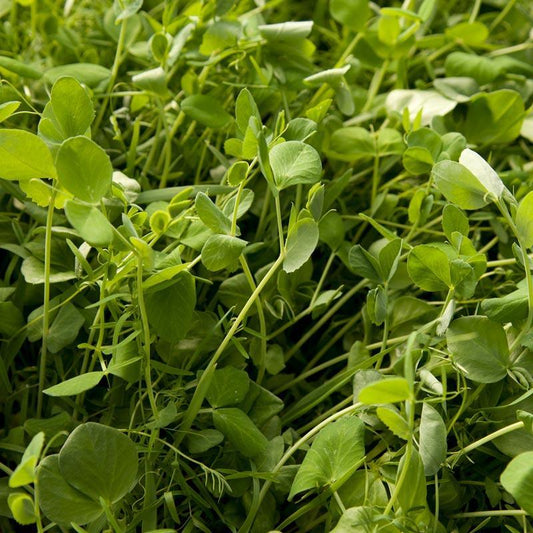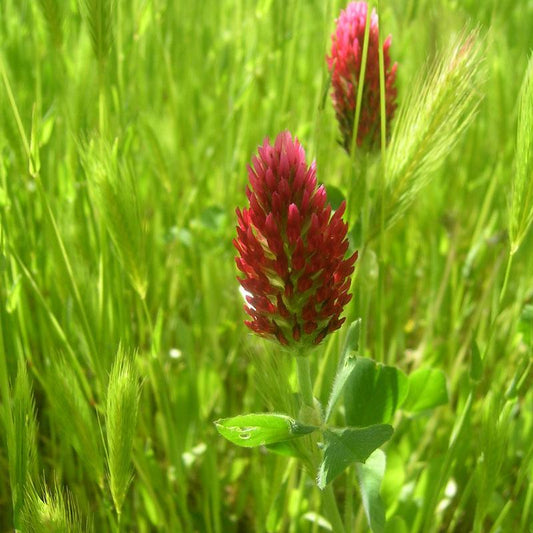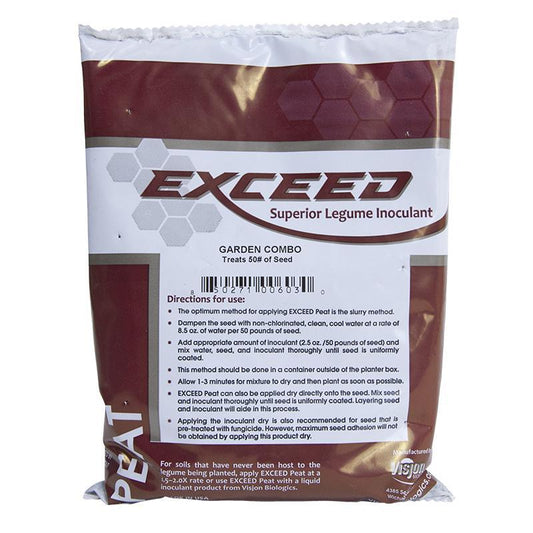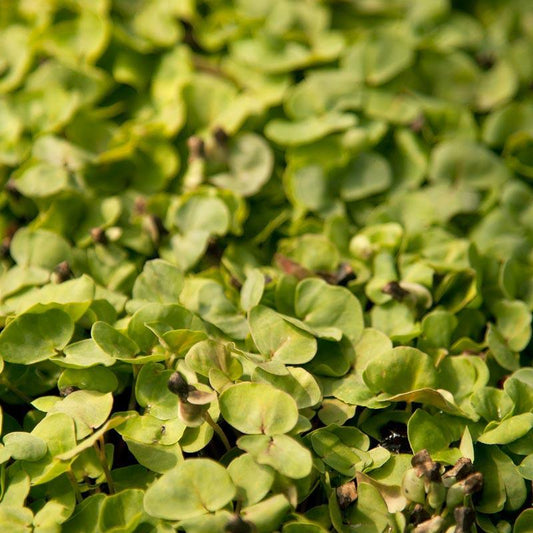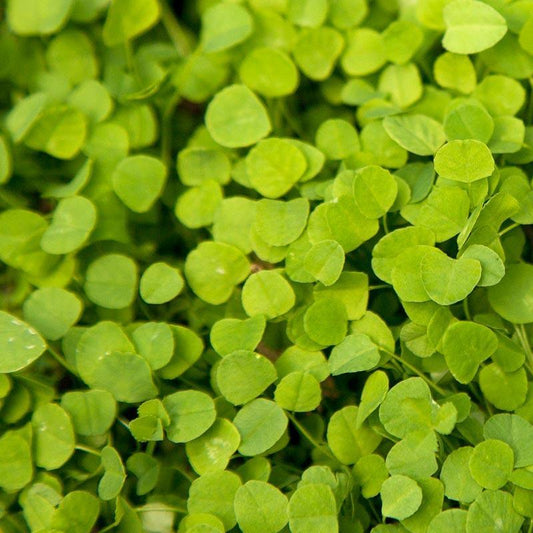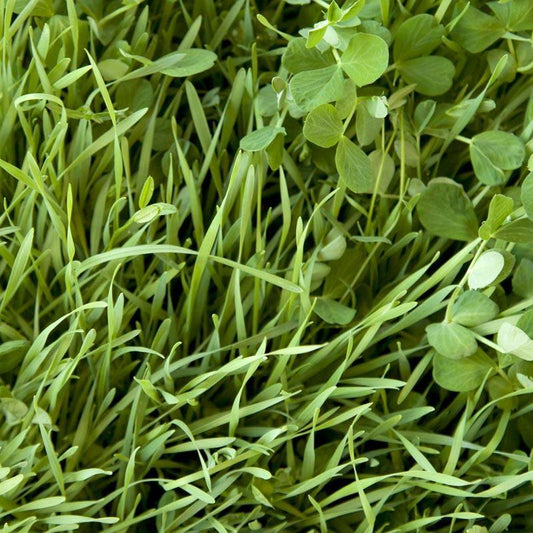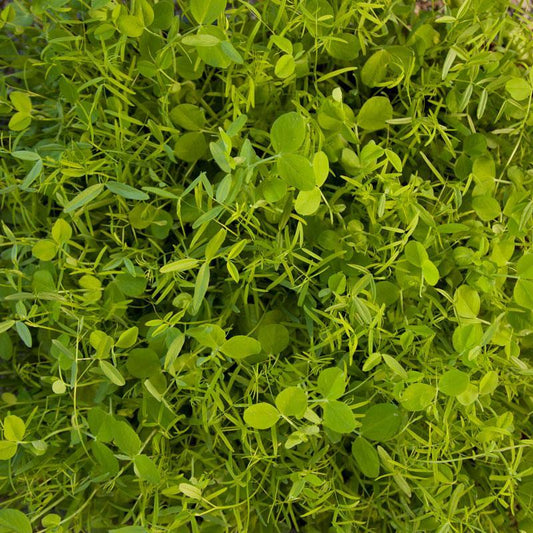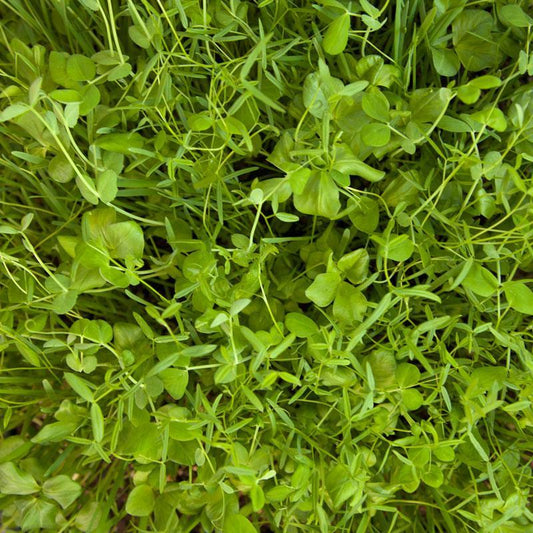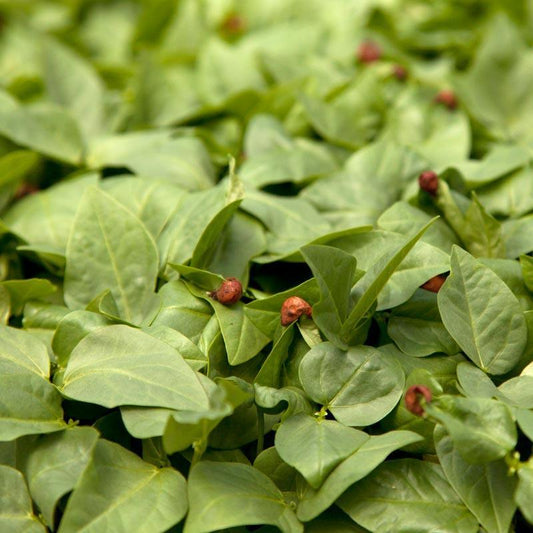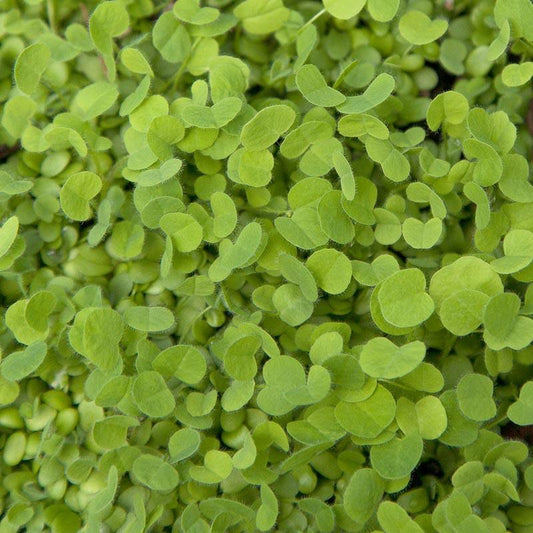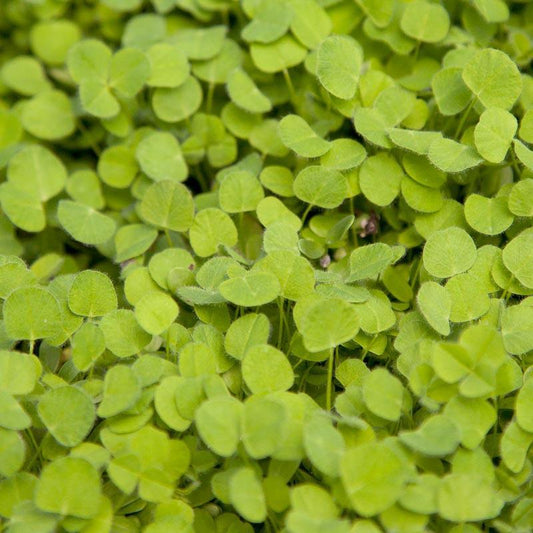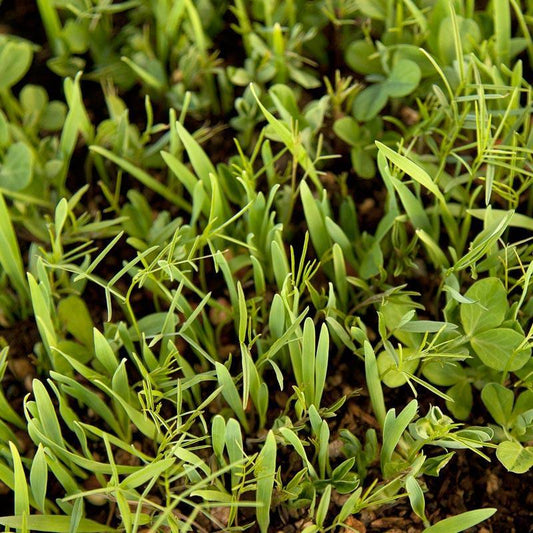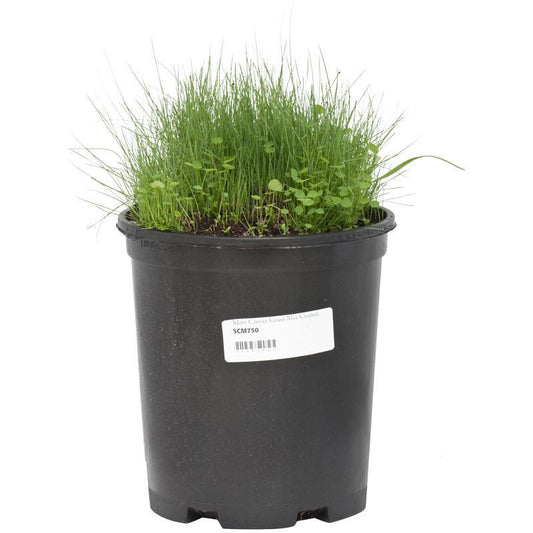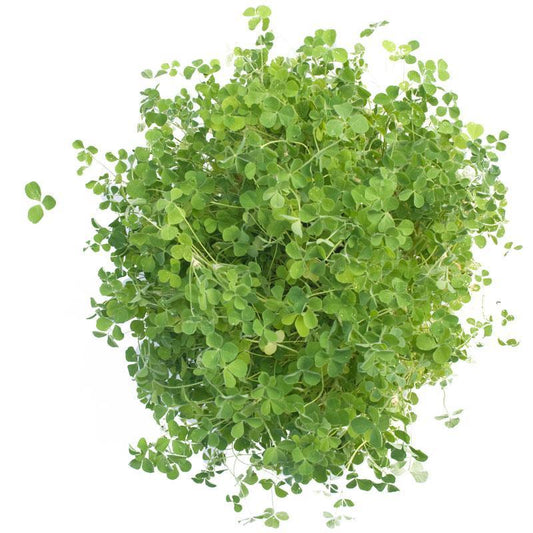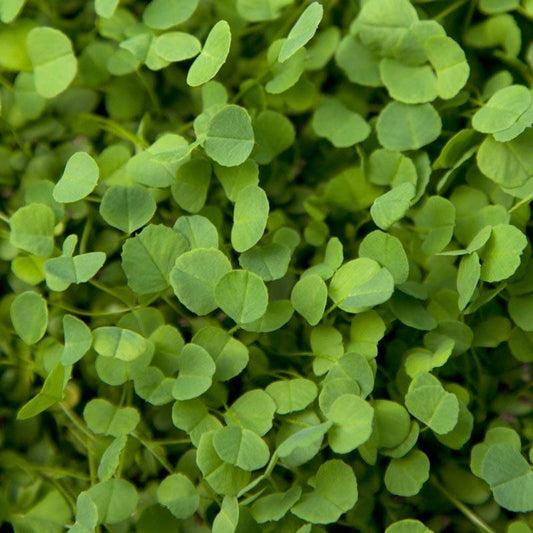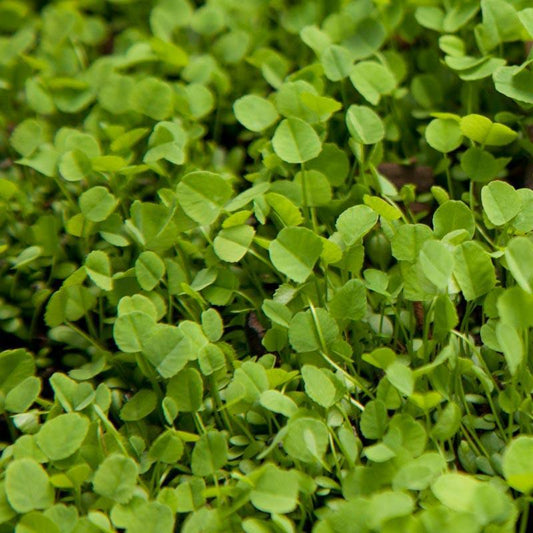The Benefits of Annual Cover Crops
As fall approaches, gardeners and farmers alike are presented with a golden opportunity to improve their soil health and overall crop yield. Planting annual cover crops during this season can be a game-changer, especially for those looking to boost their soil's nitrogen levels and break up compacted soils. In this comprehensive guide, we will explore the benefits of using cover crops and introduce you to a wide range of options available for purchase.
Enhancing Soil Health with Cover Crops
Cover crops play a vital role in improving soil health and fertility. They are planted primarily to protect the soil from erosion and weed growth during the off-season. However, they offer numerous additional benefits, making them an essential component of sustainable agriculture and gardening practices.
One of the most significant advantages of planting annual cover crops is their ability to fix nitrogen in the soil. Leguminous cover crops, such as Crimson Clover and Hairy Vetch, have a symbiotic relationship with nitrogen-fixing bacteria. These plants take atmospheric nitrogen and convert it into a form that is easily absorbed by other crops, providing a natural source of fertilizer. As a result, planting these cover crops can reduce the need for synthetic nitrogen fertilizers, which can harm the environment.
Breaking Up Compacted Soils
In addition to nitrogen fixation, cover crops also break up compacted soils. The extensive root systems of certain cover crop species, like Daikon Radish, can penetrate deep into the soil, creating channels that improve aeration and water infiltration. This root action effectively reduces soil compaction, making it easier for subsequent crops to grow deeper and access essential nutrients.
Maximizing the Benefits of Seed Inoculants
To maximize the nitrogen-fixing potential of leguminous cover crops like Crimson Clover and Hairy Vetch, consider using a seed inoculant. Seed inoculants introduce beneficial rhizobia bacteria to the seeds, ensuring a robust partnership between the plants and bacteria. This symbiotic relationship enhances nitrogen fixation and contributes to healthier soils.
Planting Timing for Cold-Winter Regions
For those residing in regions with harsh winter climates, planning your cover crop planting carefully is essential. To allow the cover crop seeds to establish before the cold sets in, it's advisable to plant them early enough. While some cover crops may be knocked back by freezing temperatures, many will recover come spring, resuming their nitrogen-fixing and soil-improving functions.
Selecting the Right Cover Crop for Your Needs
Choosing the right cover crop can be daunting with so many options. Fortunately, the "Cover Crop Solution Chart" can help you identify the perfect cover crop seed mix for your specific needs. Whether you're looking to boost nitrogen levels, break up compacted soils, or simply enhance overall soil health, this tool will guide you towards the most suitable choice.
A Diverse Range of Organic and Conventional Cover Crop Seeds
We offer a diverse selection of both organic and conventional cover crop seeds. This diversity allows you to tailor your cover crop strategy to your preferences and specific requirements.
-
Crimson Clover: Crimson Clover is popular for improving soil fertility and weed suppression. Its vibrant red blooms add beauty to your garden while enriching your soil.
-
Daikon Radish: Daikon Radish's extensive taproots excel at breaking up compacted soils, improving drainage, and preventing soil erosion.
-
Hairy Vetch: Hairy Vetch is an excellent nitrogen fixer, enriching the soil with this essential nutrient. Its lush vines also provide erosion control.
-
Sweet Clover: Sweet Clover is valued for its deep root system, which improves soil structure and breaks up compaction. It also attracts beneficial pollinators.
-
Red Clover: Red Clover is a versatile cover crop known for its nitrogen-fixing abilities, making it a valuable addition to any garden or farm.
These are just a few examples of the cover crop seeds available in our extensive catalog. Whether you prefer organic or conventional options, there's a cover crop seed that suits your needs, helping you achieve healthier, more productive soil.
Annual cover crops are a powerful tool for improving soil health, increasing nitrogen levels, and breaking up compacted soils. With a diverse range of cover crop seeds to choose from, along with the option to enhance their performance with seed inoculants, you can significantly impact your garden or farm's overall productivity and sustainability. Start planning your cover crop strategy this fall and reap the benefits in the coming seasons.
Use the "Cover Crop Solution Chart" to determine which of our cover crop seeds suit your needs. Mix it up! We have dozens of organic cover crop seeds and conventional cover crop seeds
Non-GMO: All of our cover crop seed is Non-GMO and open pollinated.
Farmers: We can create custom blends tailored to your needs. Ask about special pricing on large amounts!


